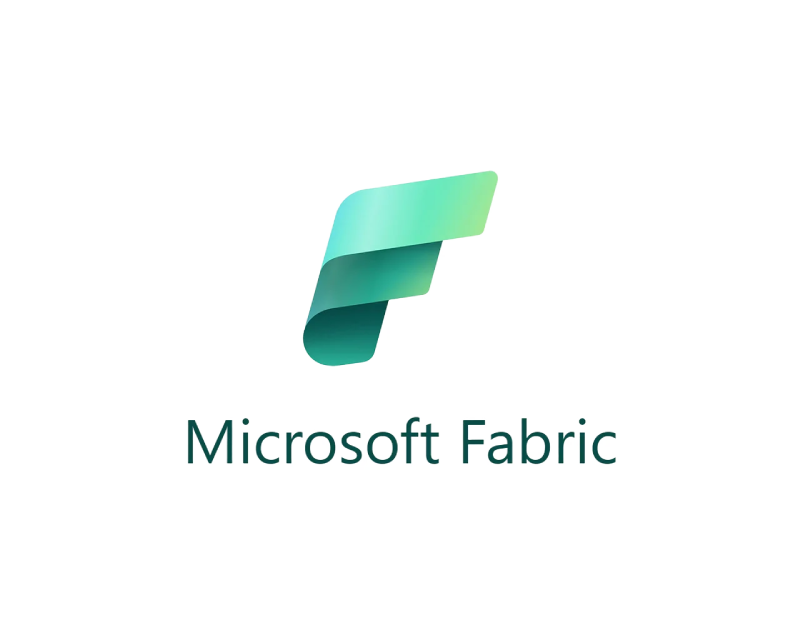Microsoft Fabric - Core of Business Data
- Home
- Services
- Data Platform Services
- Microsoft Fabric
Data warehousing has traditionally referred to a static data repository where the data needed for company reporting is copied. Today's data platform is something entirely different: a dynamic foundation that provides real-time visibility into all of an organization's data – for applications, AI, and reporting alike. Microsoft Fabric is one of the best platforms for building this comprehensive solution.
What is Microsoft Fabric?
Released in 2023, Microsoft Fabric is a next-generation SaaS cloud data platform that unifies all organizational data. Whether it’s a classic data cube, a modern lakehouse, or even large volumes of JSON documents, Fabric’s OneLake repository offers a centralized view of an organization’s entire data landscape. OneLake extends beyond Azure: with links, Fabric can process data from AWS, Google Cloud, and even on-premises repositories.
Fabric’s versatility enables a wide range of use cases. On the OneLake data repository, you can run Power BI reports, Python/Spark analyses, and AI solutions. Beyond integrating data, Fabric also focuses on unifying capacities and roles: all organizational data users—whether in data science, reporting, or data management—can work within a single product. Centrally managed capacity and licensing ensure that the ecosystem remains organized and scalable. For the most demanding needs, Fabric can be complemented by other cloud tools, such as Azure Databricks.
The dream of enterprise data management has always been the ability to query data using natural language. Fabric makes this a reality with its Copilot capabilities, which support both data querying and Power BI reporting. AI-powered data exploration and reporting enable self-service discovery of critical insights and new perspectives, freeing data professionals—like report developers—to focus on high-priority projects.

Cloud1 - Microsoft Fabric Featured Partner
We set up your Fabric environment and establish best practices for its use. Our team helps identify your data products, choose the right architecture, and build a solid foundation for both integrations and reporting. We bring AI readiness to the table and equip you to continue the project independently or with our ongoing support.
Implementing Fabric typically takes 3–6 months. Costs depend significantly on the maturity of your data culture and cloud architecture.
Get in touch with our Head of Sales, Antti Vuolli, antti.vuolli@cloud1.fi, and we’ll assess your needs together!
